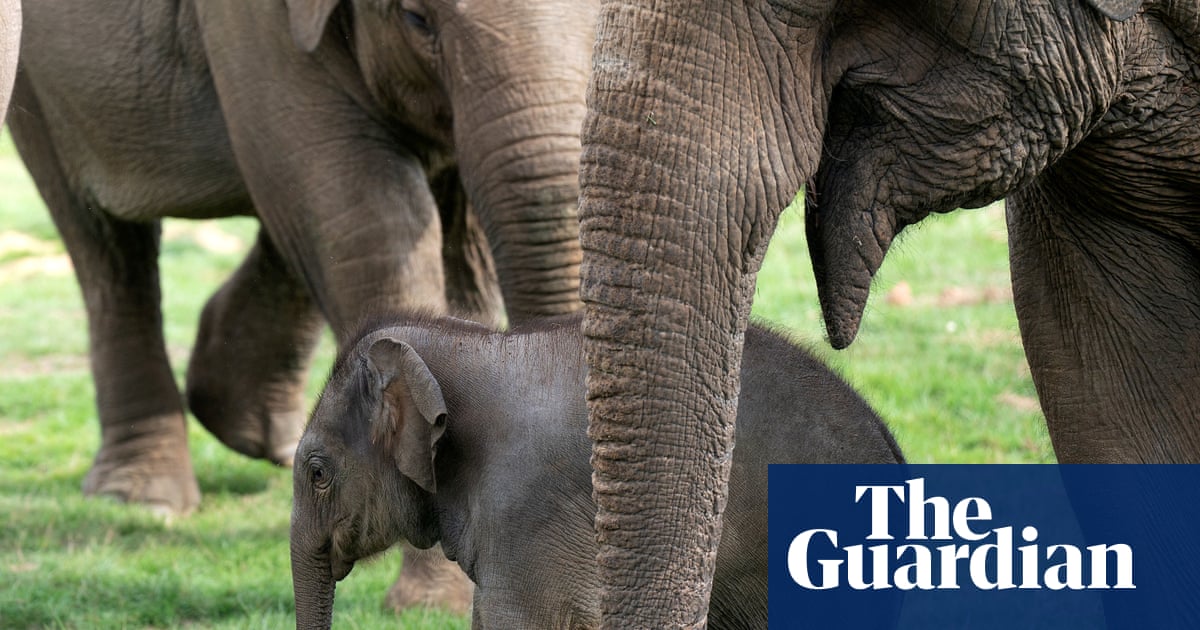Zoos will be obliged to boost conservation efforts and improve animal welfare under the first revision of mandatory standards for the sector in more than a decade.
Under the update to the Standards of Modern Zoo Practice for Great Britain, last set out in 2012, elephants will need to be kept in larger enclosures and birds of prey must be kept in large aviaries rather than being tethered.
The changes, which follow a consultation process and give institutions two years to implement them, also cover commercial aquariums. Another new rule is a ban on visitors touching fish, rays or cephalopods such as octopuses.
The revised guidelines also impose new duties on conservation efforts, including better record-keeping and more focus on breeding programmes for endangered animals, research into behaviour and public education about conservation.
Another element of the rules covers new safety standards, among them rules on double-gated entry systems, protections for staff working alone and the availability of firearms if needed.
Zoos and aquariums will also be obliged to draw up continuity plans for what would happen to their animals if the institution faced financial hardship.
Sue Hayman, the Department for Environment, Food and Rural Affairs (Defra) minister whose brief covers animal welfare, said: “We are a nation of animal lovers, and our best zoos and aquariums are truly world leaders in setting the standard for how wild animals should be kept.
“Today’s long-overdue reforms lay the foundation for an even stronger, even more compassionate future for all zoos and aquariums – and the animals they protect. This is the first step as part of our commitment to deliver the most ambitious animal welfare reforms in a generation.”
Kathryn England, the chief operating officer for ZSL, which runs London and Whipsnade Zoos, said: “These standards will help bring the whole sector up to a level the public rightly expects – and that animals everywhere deserve.”
Sign up toFirst Edition
Our morning email breaks down the key stories of the day, telling you what’s happening and why it matters
after newsletter promotion
Jo Judge, the head of the British and Irish Association of Zoos and Aquariums (BIAZA), said: “The new standards are a significant step up in legal requirements and cement Britain’s position as a global leader for zoos and aquariums.
“BIAZA members already lead the way in animal care and conservation, and we have been working closely with Defra officials to realise these updated standards.”
